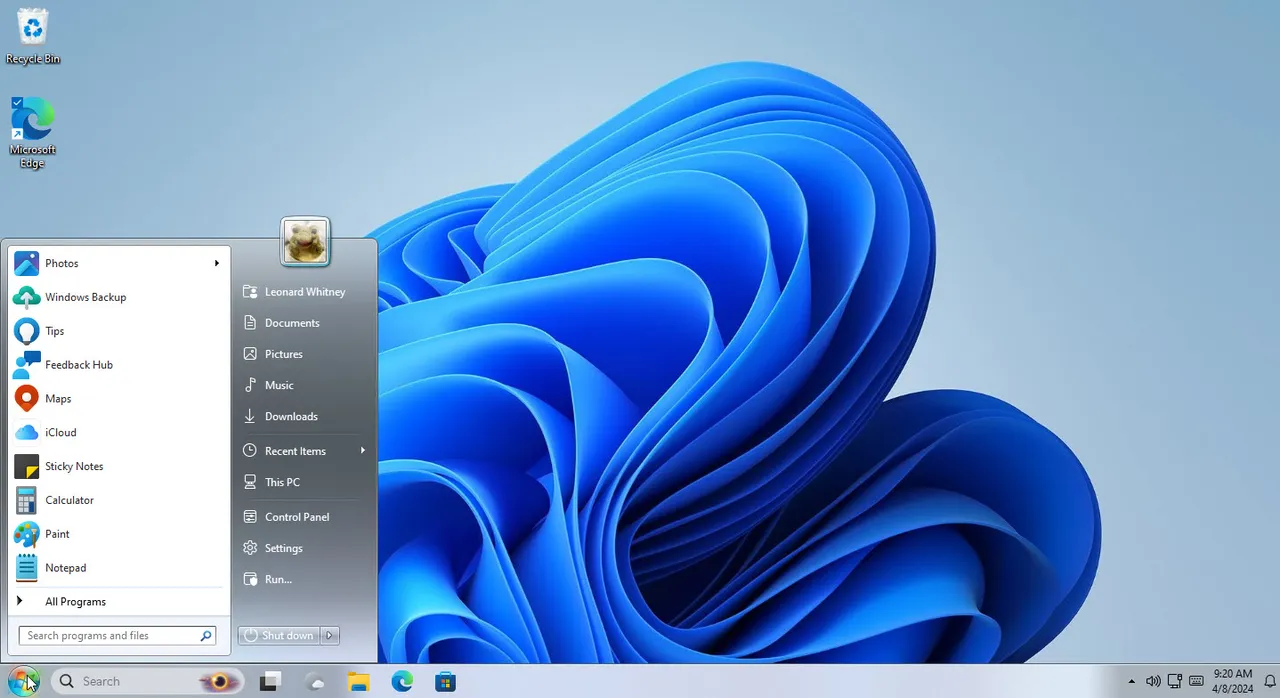Microsoft’s upcoming Windows 11 version 24H2 update is poised to introduce changes that will significantly affect third-party customization applications, marking a decisive move to streamline the operating system’s user interface and enhance system integrity. This development has stirred discussions within the Windows user community, especially among those accustomed to personalizing their computing experience using third-party tools.
Users have discovered that popular customization tools such as StartAllBack and ExplorerPatcher are no longer functional in the preview builds of Windows 11 version 24H2. Specifically, these applications, which have been instrumental in tweaking the taskbar and Start menu to user preferences, are being flagged as incompatible due to purported “security or performance issues.” Microsoft’s message to affected users suggests seeking updated versions of these apps that are compatible with the latest Windows version.
ExplorerPatcher, known for its ability to bring back the Windows 10 taskbar and apply various modifications to improve the Windows 11 experience, has been particularly noted for its incompatibility. The situation is further complicated as the operating system not only prevents these apps from running but also blocks system upgrades on devices where such apps are detected.
Notably, previous versions of Windows 11, such as 23H2, did not enforce such restrictions, allowing these apps to function without issue. This change in stance highlights a possible strategic shift by Microsoft towards a more controlled ecosystem, possibly to ensure a uniform user experience or to pave the way for future updates without legacy support complications.
However, it’s not all doom and gloom for customization enthusiasts. Workarounds and updates from third-party app developers are emerging. For example, ExplorerPatcher already has fixes available for the 24H2 update, suggesting that while Microsoft tightens control over system customization, the developer community remains resilient, working to ensure their tools remain relevant and usable.
This strategy by Microsoft might indicate a broader effort to phase out older system components and secure the Windows environment by reducing potential vulnerabilities introduced by third-party applications. With Windows 11 version 24H2 expected to release in September or October of this year, users and developers alike are keenly watching how these changes will unfold and affect the overall Windows customization landscape.







